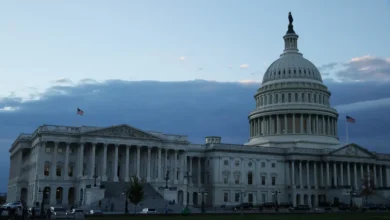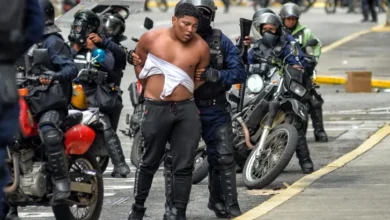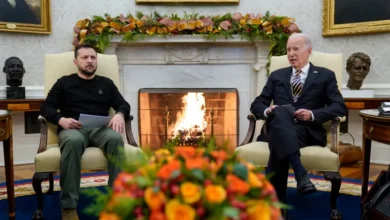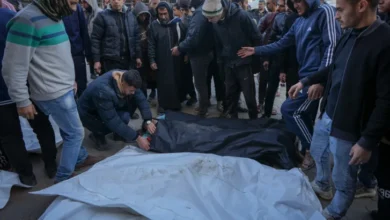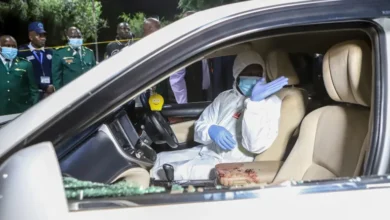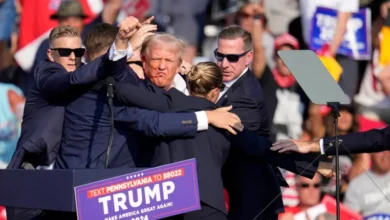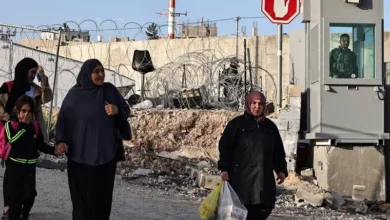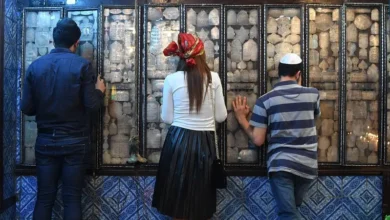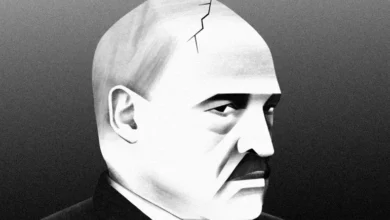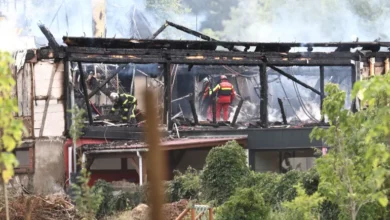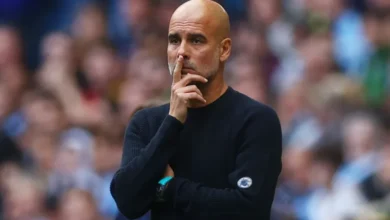‘Minimum government, maximum governance’: PM Modi in Dubai ahead of polls in India
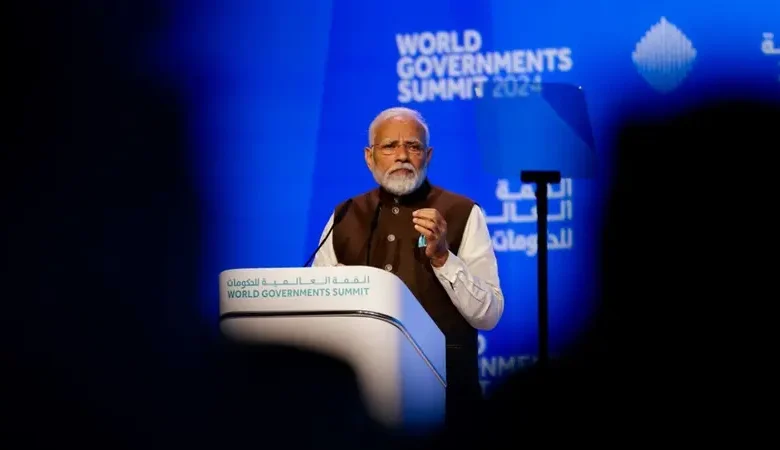
Indian Prime Minister Narendra Modi described his years in power as pushing for “minimum government, maximum governance,” at the World Government Summit in Dubai on Wednesday as he prepares for a re-election that many expect him to win.
Modi’s comments come ahead of the inauguration of a stone-built Hindu temple in Abu Dhabi after meeting with the UAE leader Sheikh Mohamed bin Zayed, who he has repeatedly described as “his brother.”
That personal touch seems aimed at further cementing ties with the UAE, an oil-rich country that supplies India’s energy needs while also serving as a home for some 3.5 million of his countrymen abroad.
“I believe that people should neither feel the absence of a government, but at the same time, nor should there be pressure from the government,” Modi said in a speech at the Dubai event. “In fact, I believe that the government should interfere as little as possible in the lives of people.”
He also touched upon the role of technology in a modern society and its disruptive ability, for better and worse. He highlighted India’s growing baking industry and lowering poverty rates.
Modi was accompanied by Dubai ruler Sheikh Mohammed bin Rashid Al Maktoum. Now on his seventh trip to the UAE since becoming prime minister, Modi already received a warm welcome from Preisdent upon his arrival into the capital city on Tuesday.
Modi described a series of his government’s achievements, while also broadly touching on challenges facing the world.
“Terrorism, with every passing day, has been taking on new forms and is posing new challenges to mankind. Even climate-related challenges are becoming bigger with the passage of time,” Modi said. “On the one hand, there are domestic concerns and on the other the international systems seem in disarray. And amidst all of this, every government faces a very big challenge of safeguarding its relevance.”
He added: “It is as a friend to the world that India is moving forward,” and said that the government must “provide direction and plan for the future” to be able to find balance in areas of interdependency, national interest, adhering to universal values, protecting culture and traditions, and much more.
Modi’s visit to the Middle East came as Indian police tackle farmers who are protesting in the Indian capital city of New Delhi to demand guaranteed crop prices. In 2021, farmers camped for months in Delhi after Modi withdrew controversial agriculture laws that had triggered the earlier protests.
The latest protests could pose a significant challenge for Modi and his governing Bharatiya Janata Party (BJP) ahead of the coming elections in India, the world’s largest democracy. However, Modi is widely expected to win a third term.
Modi’s visit highlights the nations’ long-standing economic and historic ties, from selling spices to gold in the UAE’s formative years to tens of billions of dollars’ worth of annual bilateral trade today.
The countries signed a free trade deal in 2022 aimed at doubling their bilateral trade to $100 billion. The countries have agreed to allow India to settle some payments in rupees as opposed to dollars, lowering transaction costs.
Modi received the Emirates’ top civilian honor in 2019. His original visit to the UAE in 2015 was the first by an Indian prime minister in 34 years.
